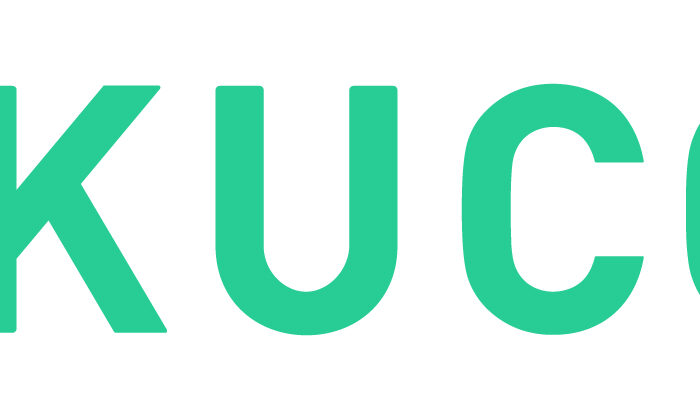Amazon to pay $2.5B FTC fine for tricking users into Prime memberships, refund $1.5B to customers

Amazon is writing one of the biggest checks in its history to put an ugly fight behind it. The company agreed to pay $2.5 billion to settle Federal Trade Commission allegations that it misled millions of people into signing up for Prime memberships and then made it unnecessarily difficult to cancel.
The surprise deal came just days after opening arguments in a Seattle courtroom. The FTC, which first filed suit in June 2023, accused the e-commerce giant of deploying design tricks to lure tens of millions of customers into Prime and blocking their exit when they tried to cancel. Three top executives were on the line personally if the case went to a jury. In a news release, the FTC said:
“The Federal Trade Commission has secured a historic order with Amazon.com, Inc., as well as Senior Vice President Neil Lindsay and Vice President Jamil Ghani, settling allegations that Amazon enrolled millions of consumers in Prime subscriptions without their consent, and knowingly made it difficult for consumers to cancel. Amazon will be required to pay a $1 billion civil penalty, provide $1.5 billion in refunds back to consumers harmed by their deceptive Prime enrollment practices, and cease unlawful enrollment and cancellation practices for Prime.
FTC Forces Amazon to Pay $2.5 Billion Over Prime Subscription Deception
The settlement breaks down into two buckets: $1 billion as a civil penalty to the FTC, and $1.5 billion in refunds for about 35 million customers who were charged for “unwanted Prime enrollment or deferred cancellation.” While Amazon admitted no wrongdoing, the agreement bars it from misrepresenting Prime’s terms and forces the company to get explicit consent before charging users. It also requires Amazon to make cancellation straightforward—a major point of contention in the case.

Two executives directly tied to Prime—Jamil Ghani, who heads the program, and Neil Lindsay, a senior vice president now in Amazon’s health division—are covered under the order and prohibited from any similar conduct going forward.
FTC Chairman Andrew Ferguson called the penalty a “monumental win” for consumers under the Trump administration. “The Trump-Vance FTC is committed to fighting back when companies try to cheat ordinary Americans out of their hard-earned pay,” he said in a statement.
“Today, the Trump-Vance FTC made history and secured a record-breaking, monumental win for the millions of Americans who are tired of deceptive subscriptions that feel impossible to cancel,” said FTC Chairman Andrew N. Ferguson. “The evidence showed that Amazon used sophisticated subscription traps designed to manipulate consumers into enrolling in Prime, and then made it exceedingly hard for consumers to end their subscription. Today, we are putting billions of dollars back into Americans’ pockets, and making sure Amazon never does this again. The Trump-Vance FTC is committed to fighting back when companies try to cheat ordinary Americans out of their hard-earned pay.”
Amazon, for its part, pushed back. “We have always followed the law, and this settlement allows us to move forward and focus on innovating for customers,” spokesperson Mark Blafkin said.
The fine ranks as one of the largest ever imposed by the FTC. Only Meta’s $5 billion privacy penalty in 2019 was bigger. Still, for a company valued near $2.4 trillion, the payout represents a sliver—roughly 0.1% of Amazon’s market cap. Shares of Amazon rose slightly after the announcement.
Launched in 2005, Prime has ballooned into one of the most lucrative subscription programs in the world, with more than 200 million members and billions in annual revenue. The program costs $139 a year and includes perks such as free shipping and access to streaming. Research has consistently shown that Prime members shop more often and spend more than non-members, making it one of Amazon’s most effective growth engines.
Even with this settlement, Amazon isn’t done with the FTC. The regulator, joined by 17 state attorneys general, is pursuing a much larger case accusing the company of wielding monopoly power to inflate prices, sideline competitors, and degrade customer experience. That case is slated for trial in 2027 and could reshape how Amazon does business.
For now, Amazon will hand over $2.5 billion and move on. But the fight with Washington over how it built its empire is far from finished.




